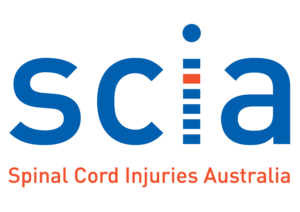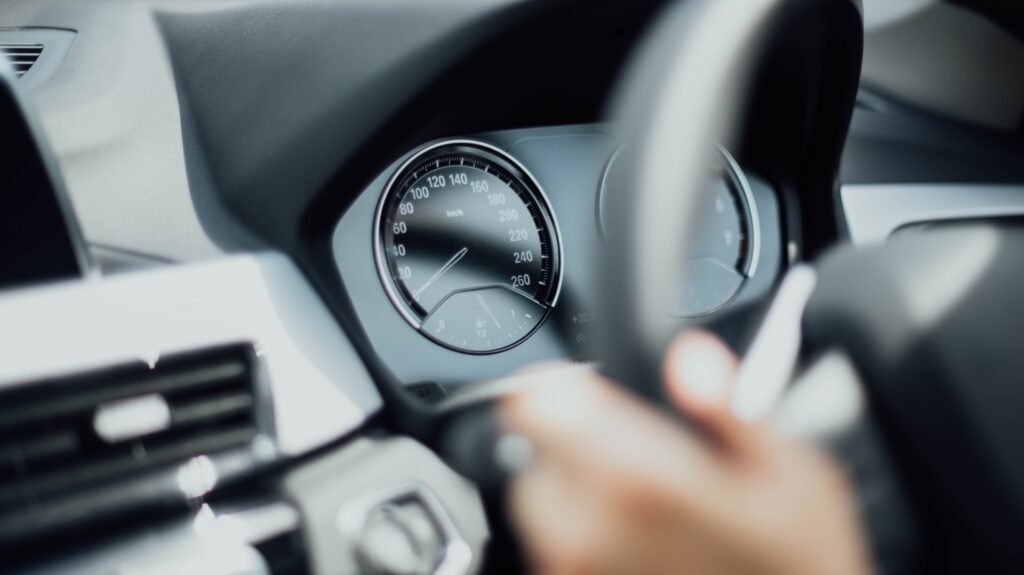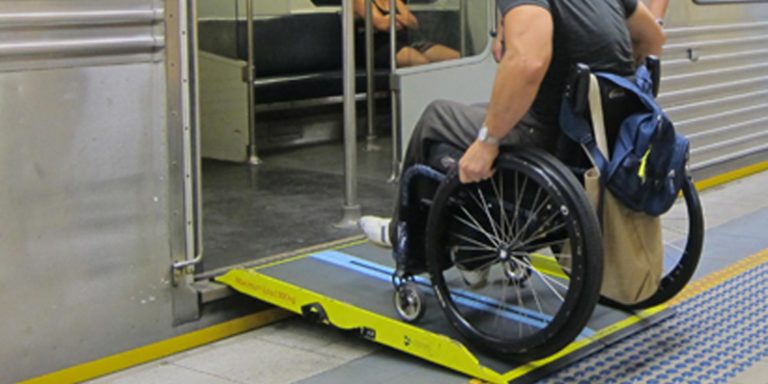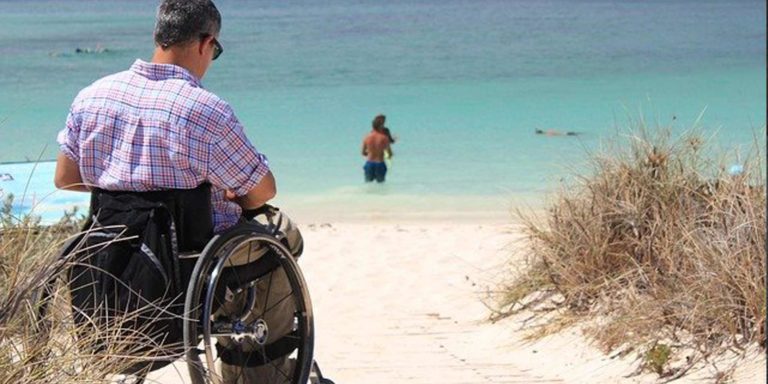Learning to drive marks a significant step towards independence for many individuals. We will guide you through the process of obtaining NDIS support to help you hit the road with confidence.
Is NDIS Support Available for Learning to Drive?
Yes. Similar to other NDIS-funded services, you must demonstrate that learning to drive is reasonable and necessary for achieving your goals. Ensure that your NDIS plan includes a related goal about learning to drive.
Getting a Learner’s License
Before embarking on your driving journey, you’ll need to pass a driver knowledge test to obtain a learner driver’s license. You can access practice materials for your state, including:
- Driver Knowledge Test in NSW
- Driver Tests in QLD
- Learner’s Theory Test in South Australia
- Driver’s License Theory Test in Western Australia
- Driver Knowledge Test in Northern Territory
- ACT Learner Road Rules Knowledge Test
- Plates Plus Course and Driver Knowledge Test in Tasmania
If you require assistance with practising or taking the test, getting your NDIS plan approved first is advisable. This will allow you to hire someone to support your learning process.
Medical Fitness to Drive Assessment
Once you’ve contacted an Occupational Therapist (OT) for further guidance, you may need to provide a medical assessment completed by your general practitioner or specialist. This assessment will also be submitted to the relevant governmental transport department, disclosing any medical conditions or disabilities that could affect your ability to drive safely.
Based on different states, the information about medical fitness to drive assessment is available below:
- NSW Medical Assessment for Fitness to Drive
- NT medical assessment for fitness to drive
- QLD medical fitness to drive
- VIC Fitness to drive
- SA Fitness to drive
- WA Fitness to drive form
- TAS medical fitness to drive assessment

Occupational Therapy (OT) Driving Assessment
Following your medical assessment, you might be recommended to undergo an off-road and on-road occupational therapist driver assessment.
The off-road assessment involves a review of your medical and driving history and an evaluation of your physical and cognitive abilities for driving.
The on-road assessment requires you to take the wheel under the supervision of your OT and a qualified rehabilitation driving instructor. During this evaluation, they will assess:
- The necessity for specialised equipment or vehicle modifications.
- Your usage of existing vehicle modifications, such as hand controls or other assistive devices.
- Your vehicle control skills, physical capabilities, reaction time, situational awareness, and self-monitoring abilities.
- Your knowledge of road rules.
Based on both off-road and on-road assessments, your OT will provide recommendations, which may include:
- Vehicle modifications or assistive technology.
- Participation in a rehabilitation program before attempting your driving or riding test.
- Specific driving lessons based on your unique requirements.
NDIS and Driving Lessons
The assessment results will outline the specific driving lessons you must undertake if deemed necessary. Like all NDIS supports, these driving lessons must be “reasonable and necessary” to achieve your goals. Therefore, your NDIS plan should include a goal related to learning to drive. Once your plan is approved, you’ll receive funding to cover OT driving assessments, vehicle modifications, lessons from a reputable driving school, and other essential steps to obtain your P-plate.
Additionally, the embedded video below demonstrates the NDIS updates related to vehicle modifications and driving support, providing you with further information on the topic.
Seek Assistance from Our NDIS Support Coordinators
Our NDIS support coordination team is committed to providing a person-centred approach to assist our clients. If you have questions about finding a suitable occupational therapist, creating a realistic plan, or any other aspect of the process, please don’t hesitate to contact our team.






